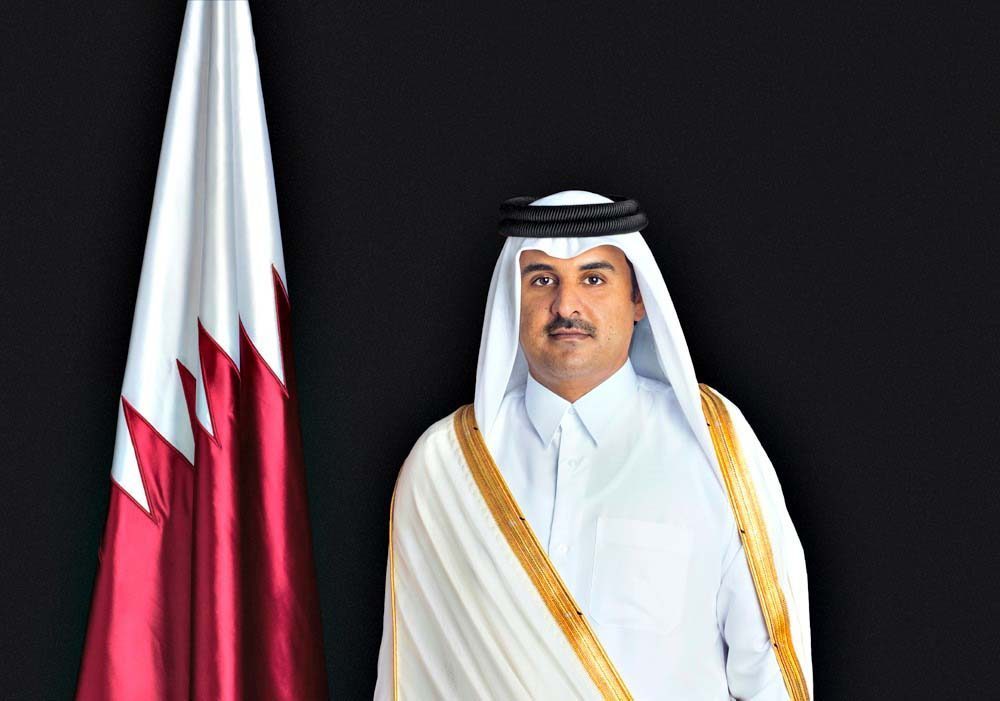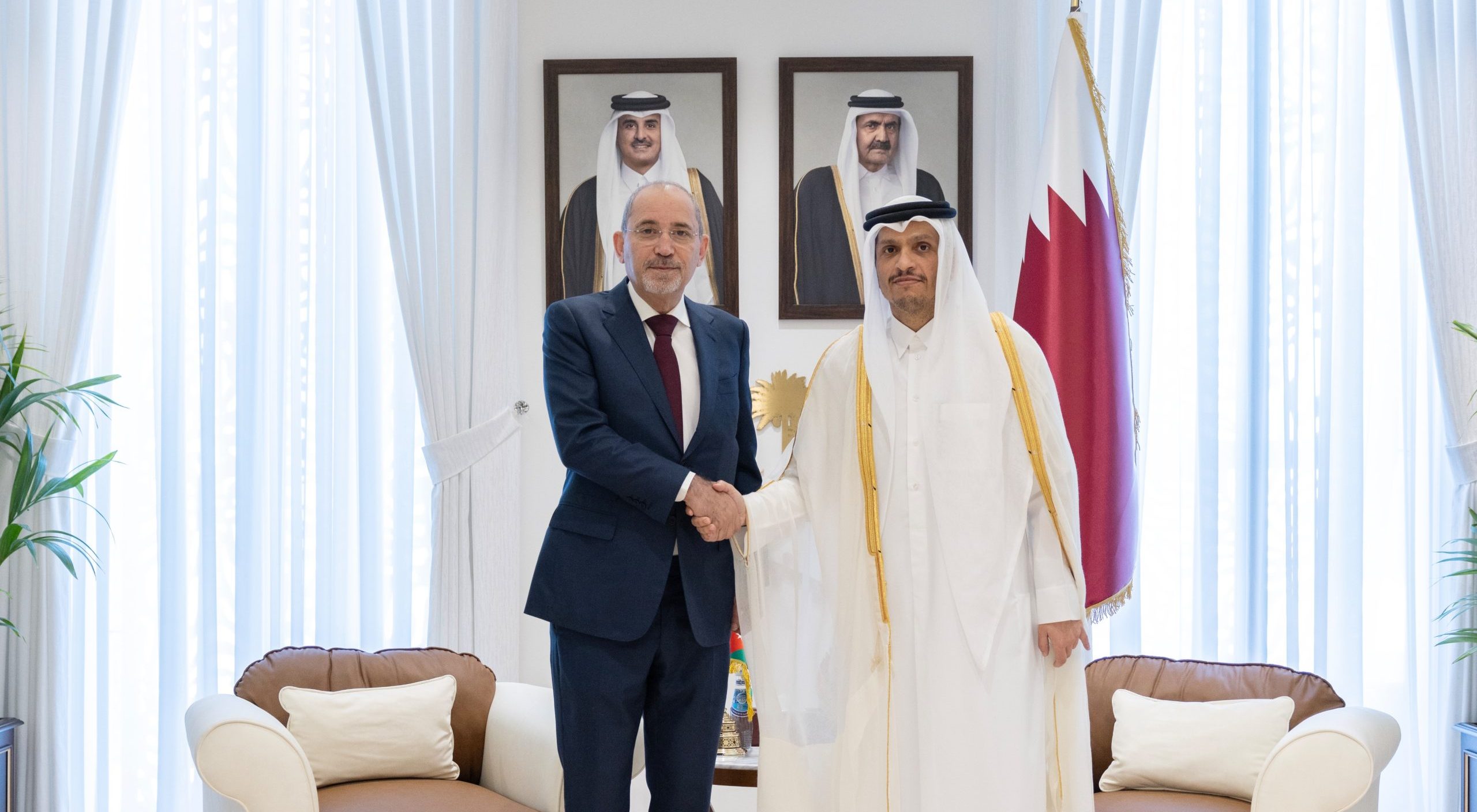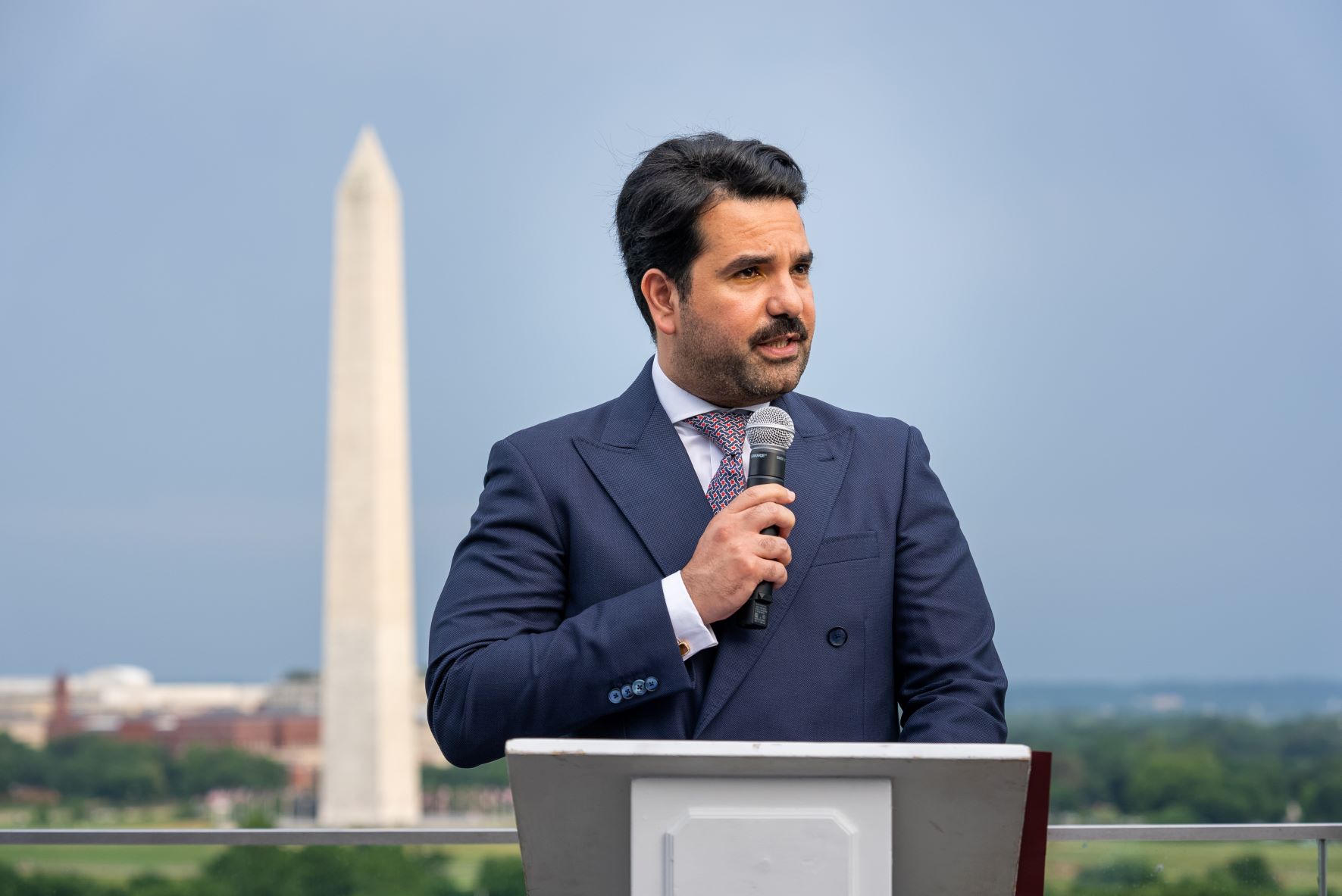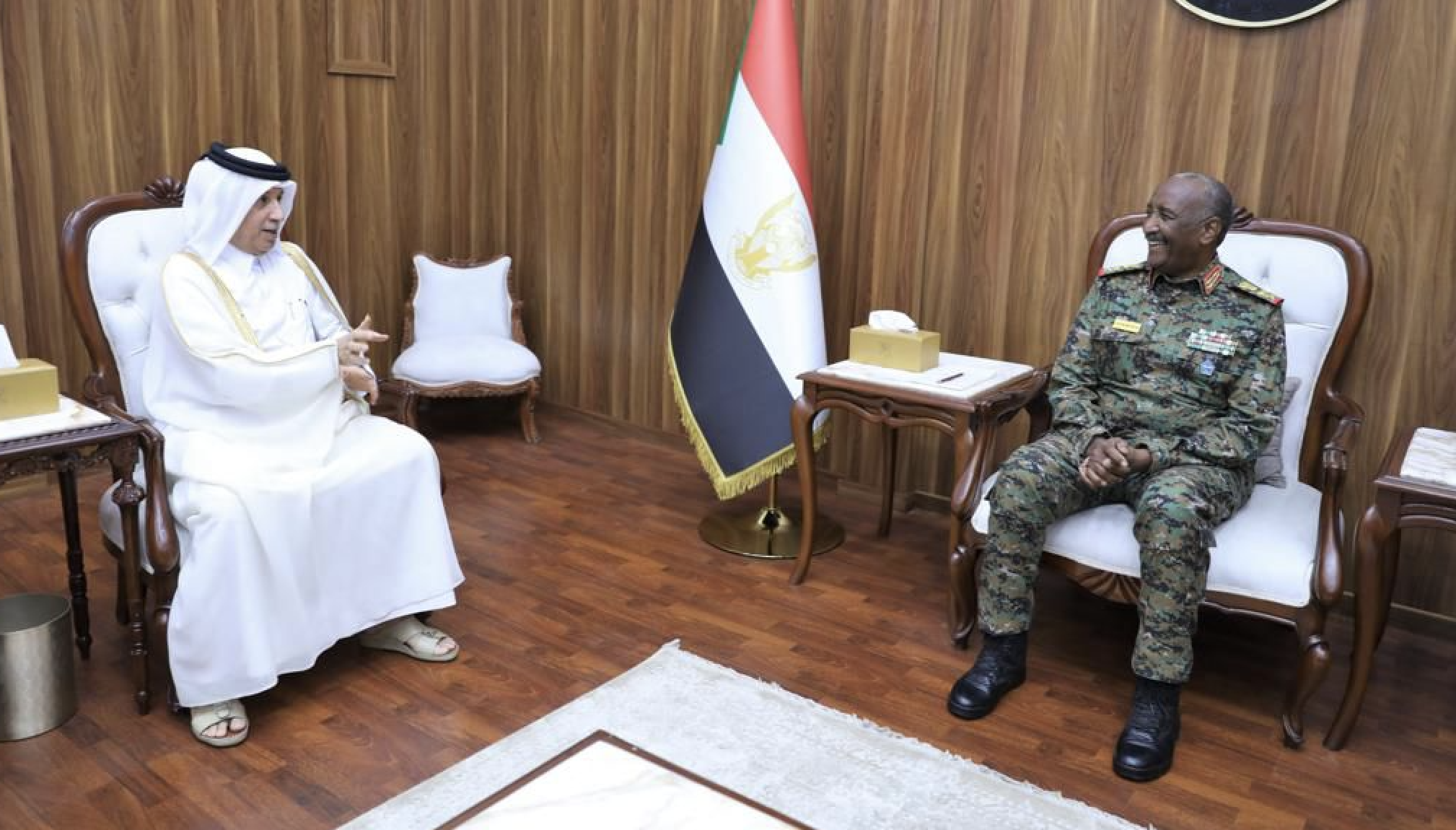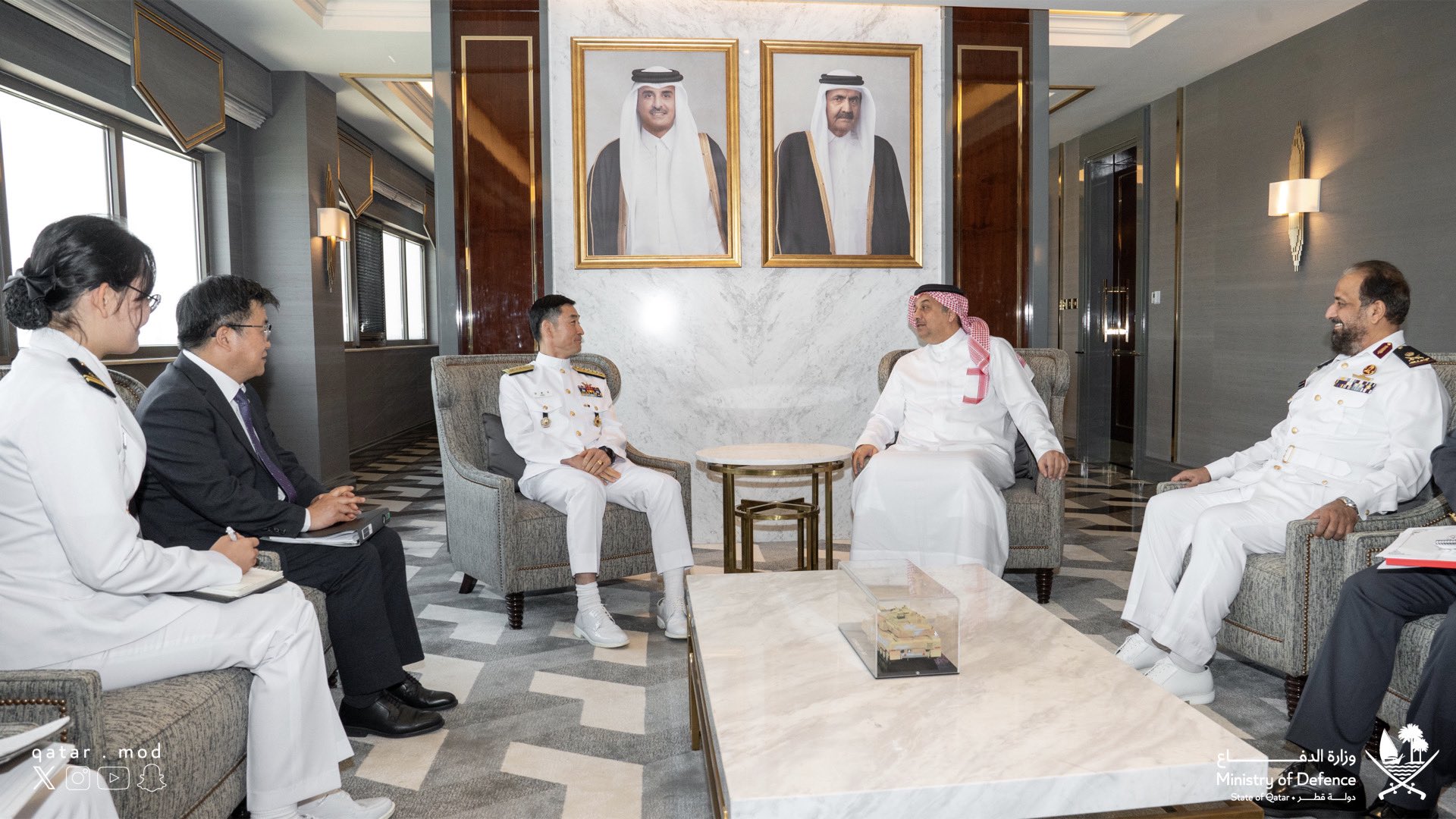
On June 25, 2013, Qatar saw its leader of nearly 18 years, Sheikh Hamad bin Khalifa Al Thani, transfer power to his 33-year-old son, Sheikh Tamim.
That transition was widely lauded as being one of the most peaceful and seamless government handovers in the Middle East, a region where leaders typically rule until they die, or are ousted from power.
In his opening address to the nation last June, Sheikh Tamim, who is now 34, pledged to cut the fat in government, to reduce duplication and to ensure that only qualified people serve in posts.
He has also promised to keep inflation down and acknowledged a future without gas wealth, stressing that Qatar’s youth must remember “the values of work, humility, and good manners, and treating others with respect” to succeed.
One year on, Qatar has become different in many ways, but continues to tread water in other arenas. Here’s a look at what’s changed over the past 12 months, and what’s stayed the same.
What’s changed
Kafala reform attempt
Qatari officials have been talking about changing the nation’s restrictive sponsorship system for years. But under Sheikh Tamim’s rule, Qatar appears to be closer than ever to making reforms.
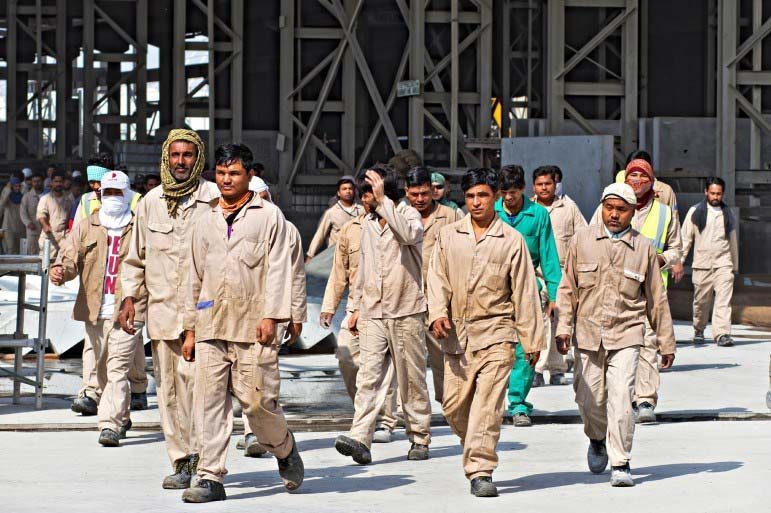
New proposed changes include making it easier for expats here to change jobs and leave the country, but stop short of abolishing the exit permit system, disappointing many. The labor law reform has yet to be officially passed by the Cabinet, but officials have promised the changes are “drawing near.”
Leadership shakeup
During last year’s power transition, Qatar saw the exit of its outspoken Prime Minister/Foreign Minister Sheikh Hamad bin Jassim Al Thani, who resigned from his posts after nearly two decades by Sheikh Hamad bin Khalifa’s side.

He has since expressed support for the new Emir, but voiced no plans to return to politics.
Meanwhile, the new Cabinet includes a female minister – only the third in Qatar’s history – and several more officials with postgraduate qualifications, as well as job experience.
In addition to changing up the leadership, the Emir also has significantly revamped Qatar’s ministries and councils in the past year. The Public Works Authority (Ashghal) is now under the control of the Ministry of Municipality and Urban Planning (MMUP), and the much-criticized Supreme Education Council has some new board members.
Opening up of courts
In the past, journalists were prohibited from reporting on court hearings without prior permission from a judge. Now, however, the courts have apparently been instructed to allow reporters into hearings, and journalists at Arab and English-language newspaper here have told Doha News that they can now more easily report on court happenings.
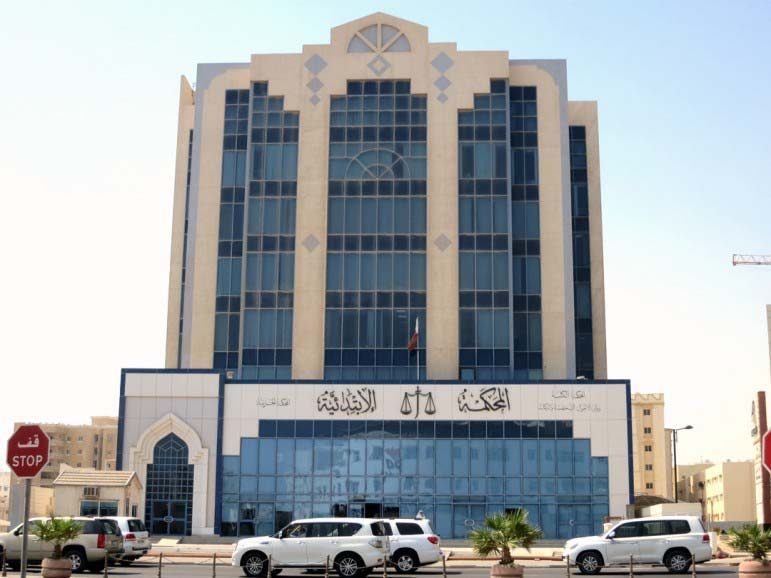
However, journalists are usually asked not to report on witness testimony so as to not influence other witnesses. Still, they have not in the past few months been banned from reporting on any trials, regardless of sensitivity, including the Villaggio fire and the Filipino spy cases.
Conscription
Under the Emir’s watch, Qatar has implemented a mandatory draft for its male citizens, requiring 18- to 35-year-old Qatari men to serve three to four months in the Armed Forces.
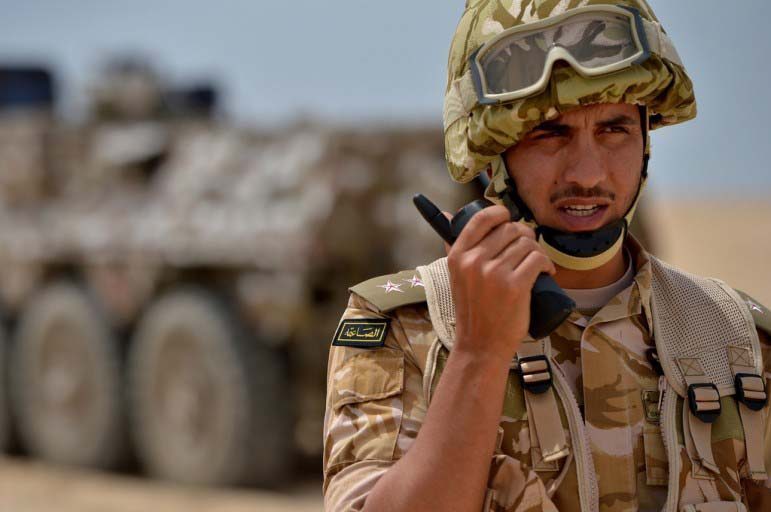
The move has been embraced by many citizens, and the first conscripts began training earlier this year. Females are expected to serve in the military starting next year, but in a different capacity.
The UAE has followed suit with its own conscription requirements, and other GCC nations are working on similar proposals.
Infrastructure projects move forward
With only eight years to go before the 2022 World Cup, Qatar is finally moving full-speed ahead with several infrastructure projects.

Those include the conversion of roundabouts into signalized intersections on the Corniche and elsewhere, construction of the Doha Metro (which was held up by several stalled tenders), the opening of the new Hamad International Airport and the refurbishment and construction of tournament stadiums.
Budget cuts
As part of a pledge to cut fat in government and increase efficiencies, several state-backed organizations have announced layoffs over the past year.

The most notable ones included QF Radio, the Doha Film Institute and the Qatar Museums Authority, now called Qatar Museums, which saw the exit of executive director Edward Dolman, former head of Christie’s International.
Open data
Qatar’s 2030 National Vision extols the ideas of accountability and transparency, and the new administration appears to be working toward that by establishing an open data policy.

If adopted, all government ministries would be required to release data relevant to the public, including a business register, crime stats, information about the national budget and pollution levels. The policy is expected to be accepted sometime this year, state telecom regulator ictQatar has said.
Historic IPO
Qatar launched its first initial public offering in four years in January, with Qatar Petroleum subsidiary Mesaieed Petrochemical Holding Co. The wildly successful IPO was oversubscribed and brought a windfall of returns to mainly Qatari investors.
Though additional incentives were offered to shareholders who retained their stock for a longer period of time, many investors opted to turn a quick profit. The government, however, appeared to be hoping that more Qataris would use the IPO as a savings tool. Meanwhile, QP has said that several other IPOs are in the pipeline.
What’s stayed the same
No elections
Despite a pledge to hold legislative elections in 2013, the former Emir postponed that idea for another three years by extending the Advisory (Shura) Council’s term before exiting office.
That means the earliest that the long-awaited elections may not happen until 2016 – unless the new Emir decides to postpone them further.
Key foreign affairs player
Several observers predicted that the new Emir would focus more attention on domestic issues in comparison to his predecessor, who led the country to be an active player in the affairs of other countries in the region.

However, Qatar continued to be vocal in its support for the ousted Muslim Brotherhood in Egypt – earning its ambassador in Cairo a public rebuke – which further strained its relations with several GCC states that support Egypt’s new president, Gen. Abdel Fattah el-Sisi.
In March, Bahrain, Saudi Arabia and the UAE withdrew their ambassadors from Doha – ostensibly because Qatar violated a GCC pact not to interfere in the affairs of other members.
While GCC officials publicly say the dispute has been resolved, the ambassadors have yet to resume their posts in Doha.
Separately, Qatar continued to play the role of interlocutor between deeply divided parties by agreeing to host five Taliban prisoners that the US freed this month in exchange for the release of an American soldier.
However, one observer argues that Qatar was thrust into the role due to its previous decisions and positioning. According to David Roberts, a lecturer at King’s College London and author of the soon-to-be released book, Qatar: Securing the Global Ambitions of a City-state:
“The Taliban fun and games recently are a legacy policy more than the current administration seeking out these foreign issues. Indeed, the foreign policy shenanigans … are far more the result of incident and circumstance foisted upon Qatar than Qatar, as before, actively searching out ways to involve itself.”
No new media law
Though the new Cabinet has occasionally discussed the issue of a new media law and a new cyber crimes law over the past year, little movement has been made on either bill.

Both pieces of legislation would significantly affect how journalists work in Qatar, and how residents use social media here.

